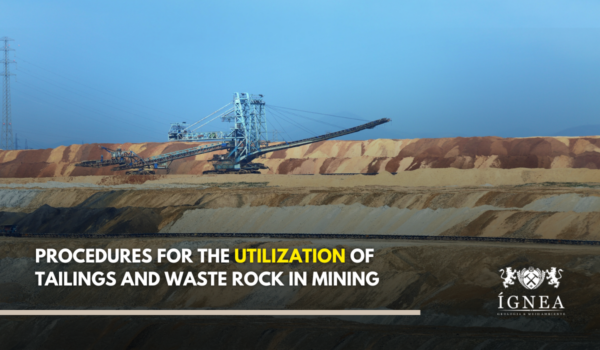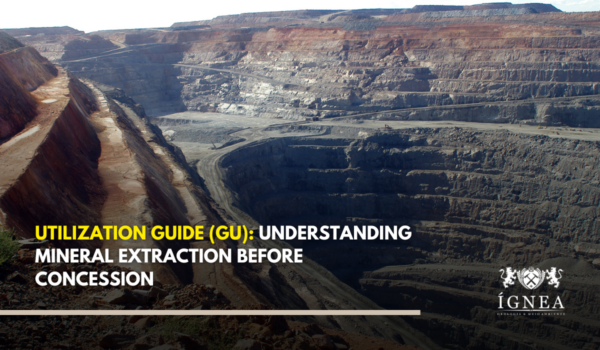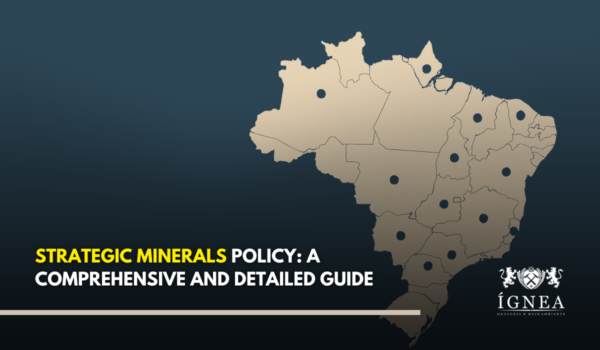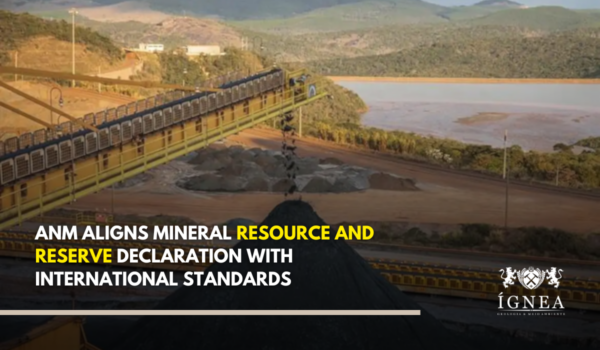Last week, Ma’Aden, a Saudi company founded in 1998 with the objective of developing the mining sector in Saudi Arabia, confirmed a significant investment in the Brazilian mining sector, potentially becoming a major competitor to Canadian and Australian companies that currently dominate this sector in Brazil.
Ma’aden is among the top 10 mining companies in the world and continues to seek to expand its business. In 2025, the company plans to open an office in São Paulo, in addition to making an investment of R$ 8 billion in mineral research in Brazil.
Why are Companies Seeking Brazil for Mining Investments?
As already mentioned, Brazil is in the sights of major Canadian and Australian companies. Now, with Ma’aden’s investment, Saudi Arabia is also entering the mining competition. But do you know why this interest exists?
Five factors are among the most important: mineral wealth, the global market, legal security and regulation, strategic infrastructure, and the opportunity for expansion in ESG (Environmental, Social, and Governance).
Brazil is a country of continental proportions. But, in addition to being large, the territory possesses a vast reserve of strategic minerals, such as iron, gold, lithium, niobium, bauxite, and rare earths. These minerals, in addition to being essential for global industry, can also make all the difference in the global energy transition.
But being rich in minerals is not enough. In fact, the country is one of the largest exporters of iron ore in the world, which helps to consolidate its presence in the global market, transforming Brazil into a key player for the energy transition.
In addition, Brazilian mining legislation, especially the Mining Code and the work of the National Mining Agency (ANM), is what offers stability and predictability for national and international investors. Therefore, this security becomes essential for long-term investments.
Another factor that drives the presence of international companies in the Brazilian mining market is the strategic infrastructure. This is because Brazil has ports, railways, and logistics networks that facilitate the export of these minerals.
Last but not least, the demand for sustainable mining operations that are aligned with global environmental and social governance standards helps to attract companies interested in leading innovative practices in the sector.
What to Expect from the Sector in 2025
If you are thinking of investing in the mineral sector in 2025, here is what to expect:
- Energy Transition as a Driver: The sector should focus on the extraction of minerals such as lithium, graphite, cobalt, and REEs (Rare Earth Elements), which are essential for batteries and green technologies, with Brazil consolidating itself as a strategic supplier.
- Technological Advances: Greater adoption of automation, artificial intelligence, and geoprocessing, which can reduce operating costs and increase productivity.
- Rigorous Regulation and ESG: Investors and mining companies will need to meet higher environmental and social standards, creating new opportunities for companies that lead in sustainability.
- Investments and Partnerships: With the recovery of the global economy, an increase in mergers, acquisitions, and joint ventures is expected in the sector, with emphasis on critical minerals and exploration projects in underutilized areas.
- Challenges and Legal Solutions: Land and environmental licensing issues will continue to require a proactive approach, with mining geologists playing an essential role in enabling projects.
- Valuation of the Domestic Market and Exports: Mining will continue to be one of the main economic bases of the country, with robust exports and greater attention to the domestic market for the verticalization of production chains.
Technical Information: Thiago Carvalho, Contributor at Ígnea
By: Karoline Calumbi, Contributor at Ígnea














